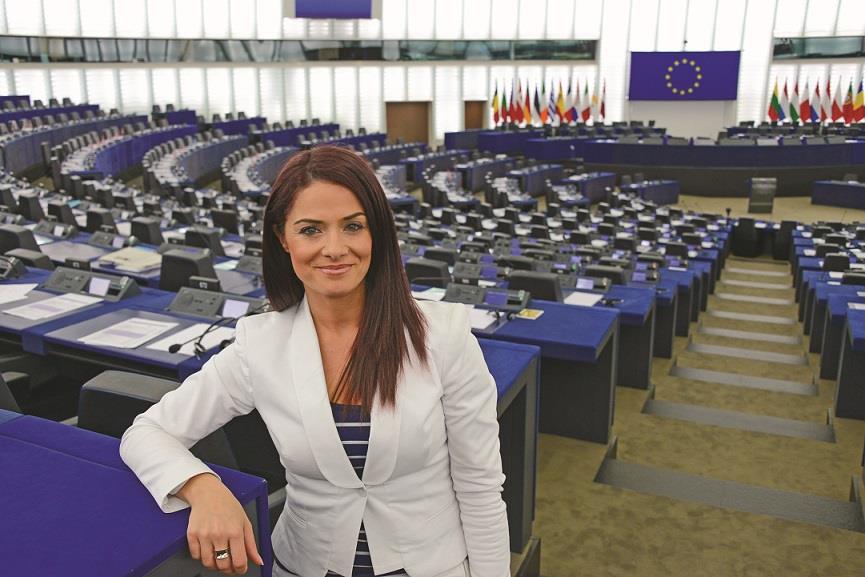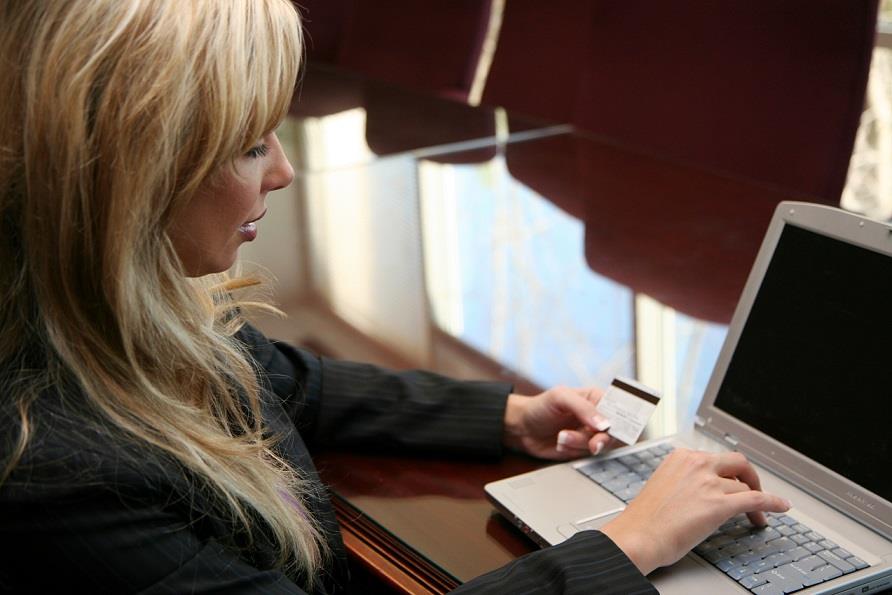Young Maltese entrepreneurs and aspiring ones alike received various points of advice and were informed about the challenges they might face in a conference which was held at the European Parliament building in Brussels on Wednesday.
The conference was organised by MEP Miriam Dalli as part of a policy initiative with the aim of promoting youth entrepreneurship.
The policy initiative has been developed by the MEP’s office in collaboration with student organisation AEGEE-Valletta and the Malta Chamber for Commerce, Enterprise and Industry.
The project consists of three events, with the first – which took place earlier this month – involving students and young entrepreneurs debate with representatives of various entities including Malta Enterprise and Takeoff, the University of Malta’s business incubator.

The Brussels conference is the second event; later this year, young entrepreneurs will be meeting directly with business owners and entrepreneurs forming part of the Malta Chamber to share ideas, get feedback and possibly find investors willing to put their idea into fruition.
Europe lags behind many competing economies when it comes to entrepreneurship; Europeans are less likely to want to work for themselves, European Commissioner for Entrepreneurship Elżbieta Bieńkowska emphasised in a video message.
Nevertheless, Ms Bieńkowska pointed out, SMEs “represent present and future hopes for our economy and our Europe.”
No lack of challenges
But Europeans’ entrepreneurial spirit or lack thereof may be partly the result of the environment that they face, and the various challenges it presents. A few examples were provided by the local entrepreneurs who attended the conference.
Bjorn Azzopardi, who cofounded digital agency Think in 2003, highlighted two main issues that the company has faced over the years.
He noted that a lack of incubation centres for IT start-ups complicated the process of getting started, noting that these could have brought cost down and helped train him and his business partner as they got started. As it happened, both ended up working in the industry for some three years to be able to gain experience.
Another issue flagged by Mr Azzopardi was the frequent delays in getting paid for services rendered, delays which, he pointed out, could hurt small enterprises very badly. Adding insult to injury, Mr Azzopardi observed, was the reality that VAT would have to be paid out of pocket in such cases, leading him to suggest that companies should be exempt on paying VAT on services rendered to other companies which would claim a rebate on this VAT in any case.

Jeremy Dalli, whose company manages two clubs in Paceville, observed that the main problem he had to face was access to finance, describing it as the main stumbling block for young wouldbe entrepreneurs.
In her introductory remarks, Miriam Dalli had said that in her own interactions with entrepreneurs, access to finance was the primary concern raised.
The same issue was also brought up by Joanna Drake, director and deputy special envoy for SMEs within the Directorate-General for Enterprise of the European Commission, who named it as one of the Commission’s main priorities concerning SMEs.
She noted that the use of EU funds to provide loan guarantees – thus helping banks lend money to SMEs which lack collateral or a sufficiently-long track record or credit history – has proven to be greatly successful, helping over 300,000 SMEs in the past seven years.
Another priority Dr Drake emphasised was developing a spirit of entrepreneurship in itself, including through education.
“We cannot assume entrepreneurship as a career path; we have to keep pushing it, keep encouraging it,” she maintained.
‘Business is an experiment’
While the challenges faced by Maltese SMEs were described as typical within the EU by Dr Drake, SMEs in other member states may find setting up shop a little bit easier.
This was the experience of Michael Azzopardi, who moved to London and co-founded digital design company Sebazzo, and who argued that London-based start-ups were “quite spoilt” in light of the opportunities present and the support they could obtain from the government and the private sector alike.
Mr Azzopardi, who was invited to give his personal reflections on growing bigger and going international, said that going international was actually the easy part, in a way.
The main challenge was growth, he maintained, stressing that this did not simply include the growth of one’s business but also one’s personal growth.

Entrepreneurs had to be ready for business, Mr Azzopardi argued, noting that people’s insecurities and fears would also manifest themselves in their career.
He explained that the lessons that he learned since his move from Malta to London included the need to work on one’s strengths and accept one’s weaknesses, to share one’s ideas as soon as they come up, and even simply the need to take care of oneself, pointing out that self-neglect would ultimately influence one’s own decisions.
A somewhat more unorthodox piece of advice from Mr Azzopardi was for those seeking to set up a business not to listen to their parents, pointing out that parents did a good job of keeping one from harm’s way, while setting up a business involved going in the opposite direction.
But he also advised that wouldbe entrepreneurs should not be afraid of failure, noting that business was ultimately an experiment, and that failures should be seen as a learning experience.
Adapt and prosper
Zubin Chagpar, development manager for Amazon.com’s Amazon Web Services, stressed that successful start-ups had to learn and adapt to changing circumstances, and pointed out that their small size provided an advantage in this.
He advised young entrepreneurs to focus on the simplest possible implementation of their idea, to allow them to test if by obtaining customer feedback. This feedback would then allow for a business to adapt and grow.
Mr Chagpar noted that the founders of Odeo, a website which hosted podcasts, ended up using the feedback they received to develop one of the world’s most successful social networking services: Twitter.
Another example he raised was Amazon.com itself: Mr Chagpar recalled that its origin was a rudimentary online bookstore some 20 years ago. But this website had proven that people were willing to use their credit cards and purchase goods online, paving the way for the company’s phenomenal growth in following years.
Douglas Squirrel, the vice-president for technology for Londonbased start-up Osper – which uses Amazon Web Services – also emphasised the need to quickly respond to the feedback received.
Osper provides a debit card for under 18s with an associated mobile banking app, with the aim of providing financial freedom for young people
Mr Squirrel noted that the company’s small size – it presently consists of 20 people working out of an incubation centre – has given it the ability to upgrade its software practically daily to respond to customers’ needs. The company was founded in 2012 and only launched its services last year, but it has since attracted thousands of users from across the UK.